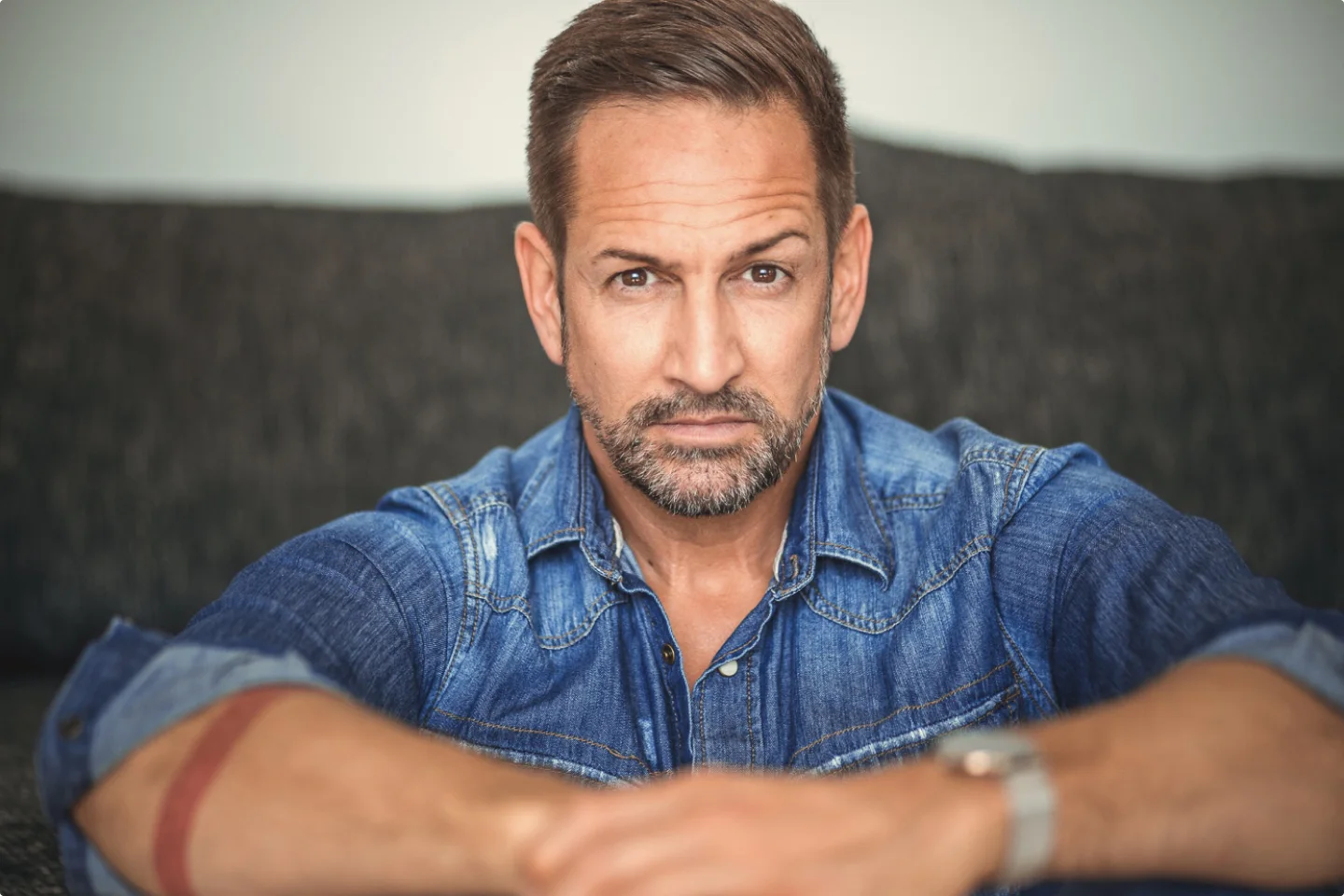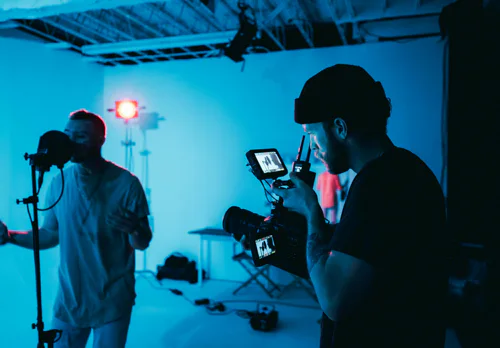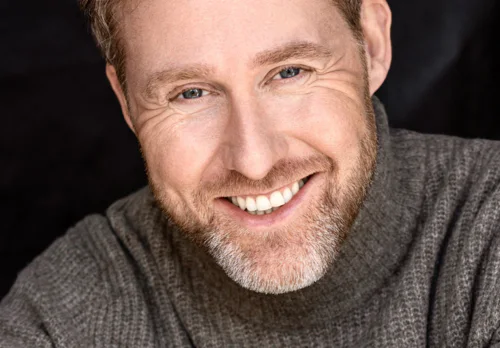What qualities should a prospective voice actor have?
In order to qualify as a dubbing actor or voice actor in general, young talents need an exceptional voice that, in the best case, has a high recognition value. They should also be able to speak without a dialect and have a clear, distinct language of expression. If you already work with your voice, for example as a presenter, actor or radio announcer, you have the best prerequisites.
However, not every presenter, actor or radio announcer is a born dubbing artist. When acting, performers are often in a setting that suits the overall situation and makes it easier for them to show emotion. But as a voice actor, you spend most of your time sitting alone in a cramped, dark voice booth in a recording studio and have to deliver emotional monologues. Aspiring voice actors should therefore be willing to use effective techniques and quickly adapt to new roles.
In order to be convincing, dubbing actors should also master the following: correct breathing technique, natural intonation, versatile voice variation and correct implementation of stage directions. However, these skills can be learned during the training period and are a prerequisite if you want to pursue a career as a voice actor.
What aspiring professional voice actors should definitely have, however, is absolute discipline and perseverance. Depending on their talent, they may have to train more or less. In this case, practice makes perfect.
What vocational training is required?
Voice actors do not have their own fixed educational path. Therefore, there are many career changers from different industries and professions. However, most of them come from the artistic field themselves, including musicians, presenters or radio announcers who have already worked with their voice. Of course, even as a child you can already play various roles in children's programs. In this way, you literally slip into the business and continue to develop in it.
However, the most common option for getting started is to attend drama school. You can then go on stage in the theater and gain your first dubbing experience. As an actor, you should diversify your income and have several mainstays to help you through the lulls. It is logical that many actors flirt with dubbing as another source of income.
To find out more about the admission criteria for acting schools, we recommend the article "How to become an actor".
In Germany, there are special voice acting schools and academies where you can learn voice acting. These mostly private institutions have individual programs and their own admission criteria; for example, some actually require a degree from an acting school. Alternatively, you can take private lessons on a part-time basis or take part in further training courses in the form of workshops and seminars.
Focus of dubbing actor training:
Tonality, emphasis & voice color
articulation
Speech melody
Speaking technique
Emotional acting
Breathing technique
Synchronization formats
Radio play production
Voice-over & studio technique
Speaking in front of an audience
Example for German training institutions:
The training centers teach beginners the basics. From then on, it's all about practicing, practicing, practicing ... If you enjoy practicing, you're on the right track to becoming successful.
However, if you don't get the basics and try to get started without any training, you have little chance of making it - unless you are an absolute high-flyer.
How do I get my first job?
It's the voice that counts! So if you are applying for a job, you should have professional voice samples without background noise. If you don't have these yet as a beginner, it's advisable to spend some money, if you have the financial means, and have professional demos made in a recording studio. If you have potential, you may be invited to a casting by agents or clients.
Especially at the beginning, it makes sense to accept every opportunity that comes your way and to do a lot of self-promotion and networking. Smaller engagements, sometimes no-budget productions, can also help you get ahead. Accept them, as they will make you more experienced, introduce you to new people and allow you to collect references. The more jobs and experience you have, the more likely you are to get more jobs. You should also create your own voiceover CV, i.e. a resume with all your experience in this field. This includes acting experience, your talents such as singing, details of your voice and voice color and, ideally, your training and/or further education. You bring this CV with you to the auditions and give it to the director. At the beginning, you will submit many CVs and demo recordings and often introduce yourself in various studios until you can register your first job. If you show full commitment and remain persistent, you will eventually be in the right place at the right time and can hit the ground running with your career as a voice actor.























